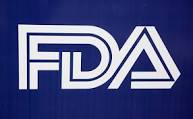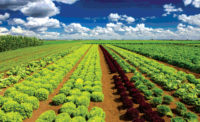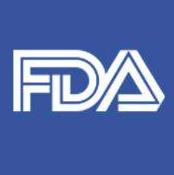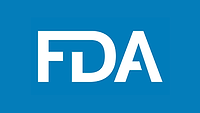FSMA Produce Safety Rule Now Final

The U.S. Food and Drug Administration (FDA) has announced that the Produce Safety rule under the Food Safety Modernization Act (FSMA) is now final. This rule establishes science-based standards for safe growing, harvesting, packing, and holding of fruits and vegetables for human consumption.
This rule was first proposed in January 2013. In response to input received during the comment period and numerous public meetings, webinars, listening sessions and visits to farms across the country, FDA issued a supplemental notice of proposed rulemaking in September 2014. The proposed revisions were designed to make the originally proposed rule more practical, flexible and effective.
The final rule is a combination of the original proposal and revisions outlined in the supplemental proposal, with additional changes as appropriate. The definition of “farm” and related terms were revised in the final Preventive Controls for Human Food rule, and the same definitions of those terms are used in this rule to establish produce safety standards. Operations whose only activities are within the farm definition are not required to register with FDA as food facilities and thus are not subject to the preventive controls regulations.
A farm is also defined as a secondary activities farm, which is an operation not located on a primary production farm, but devoted to harvesting, packing or holding raw agricultural commodities.
For operations that meet the farm definition, exemptions and modified requirements for the Produce Safety are explained in Exemptions and Variances and in FDA’s Coverage and Exemptions/Exclusions flowchart.
Looking for a reprint of this article?
From high-res PDFs to custom plaques, order your copy today!





